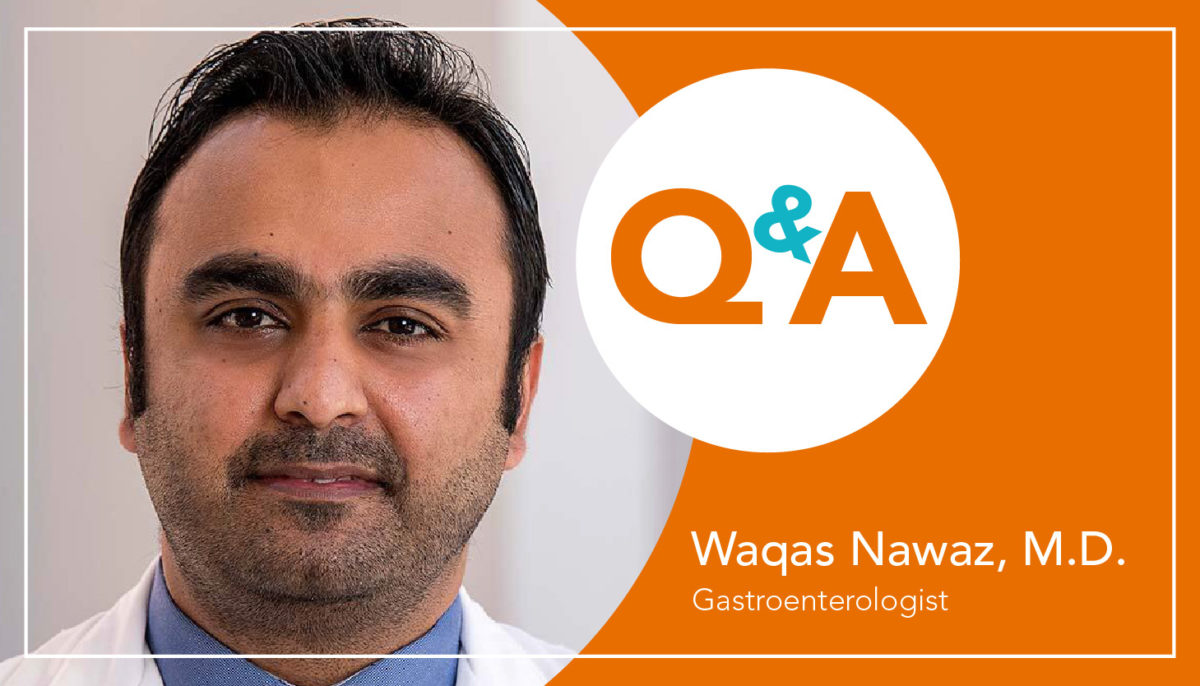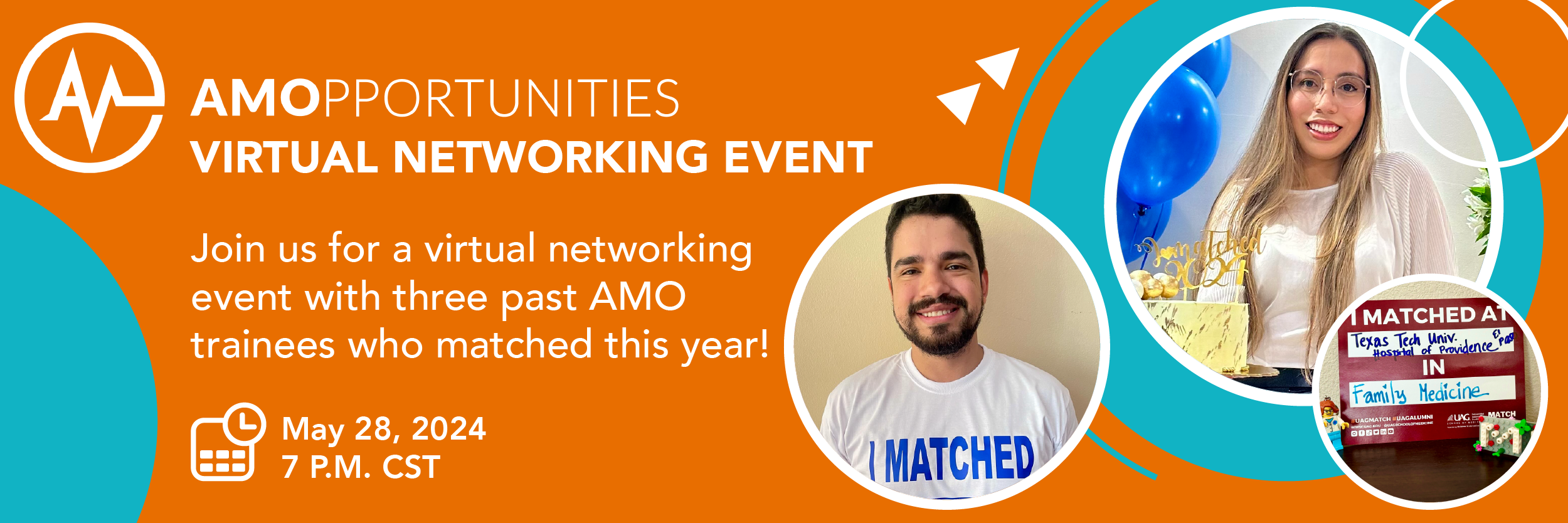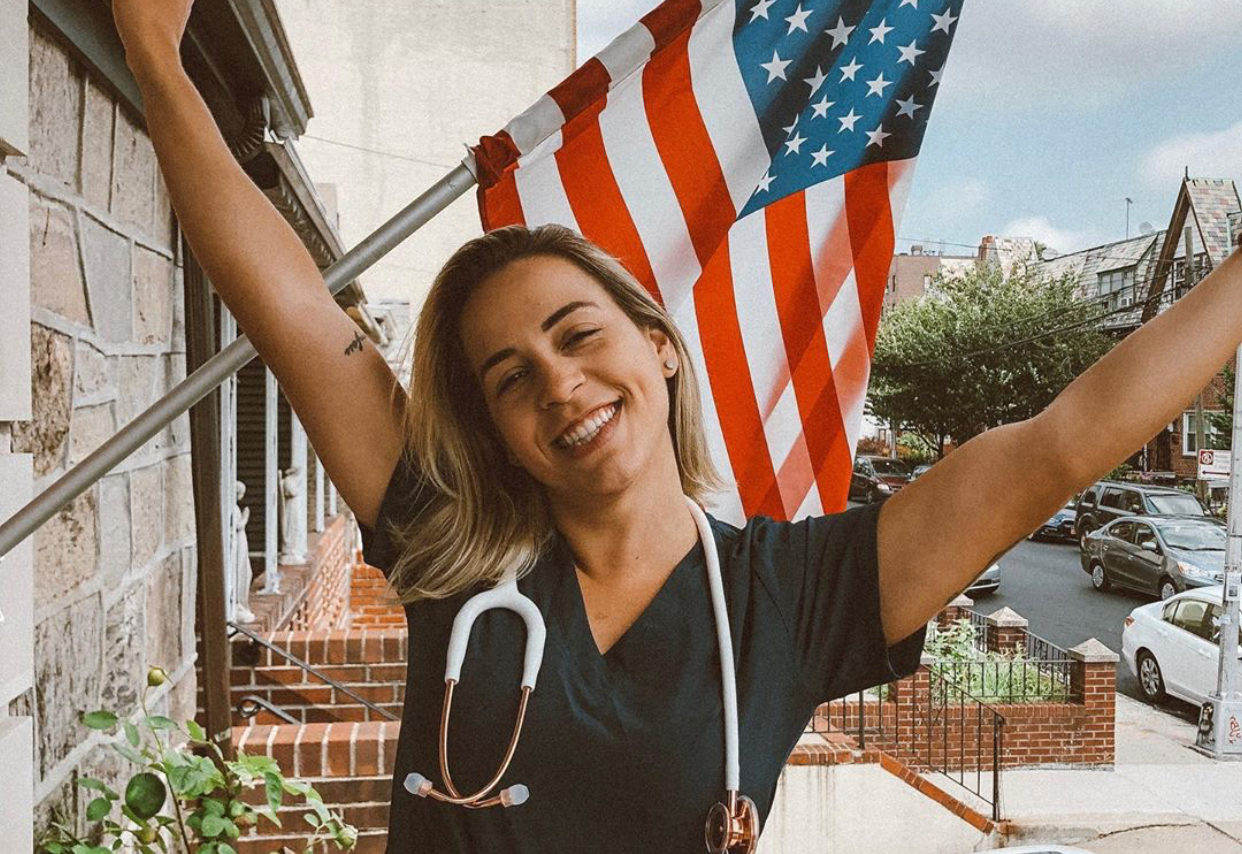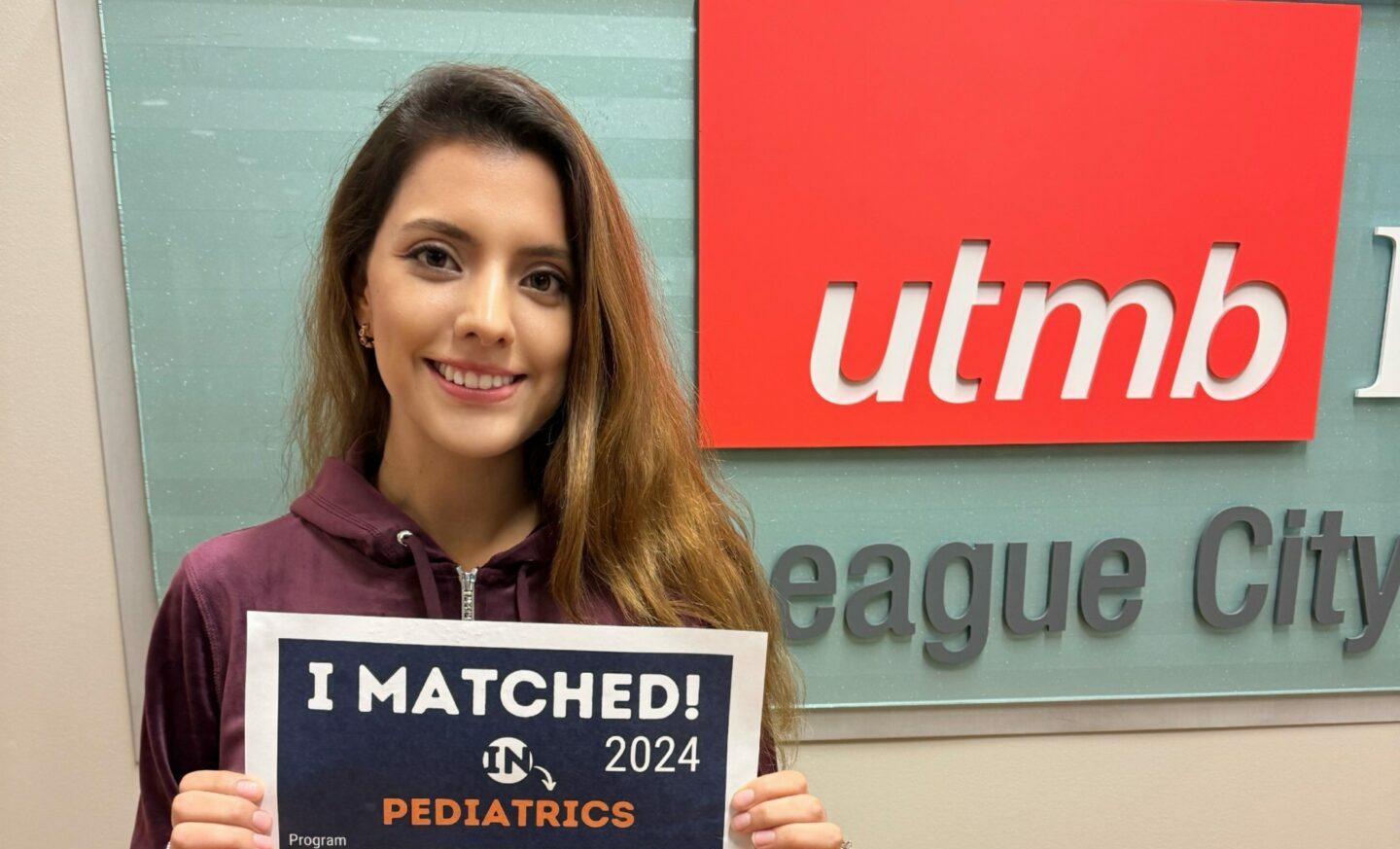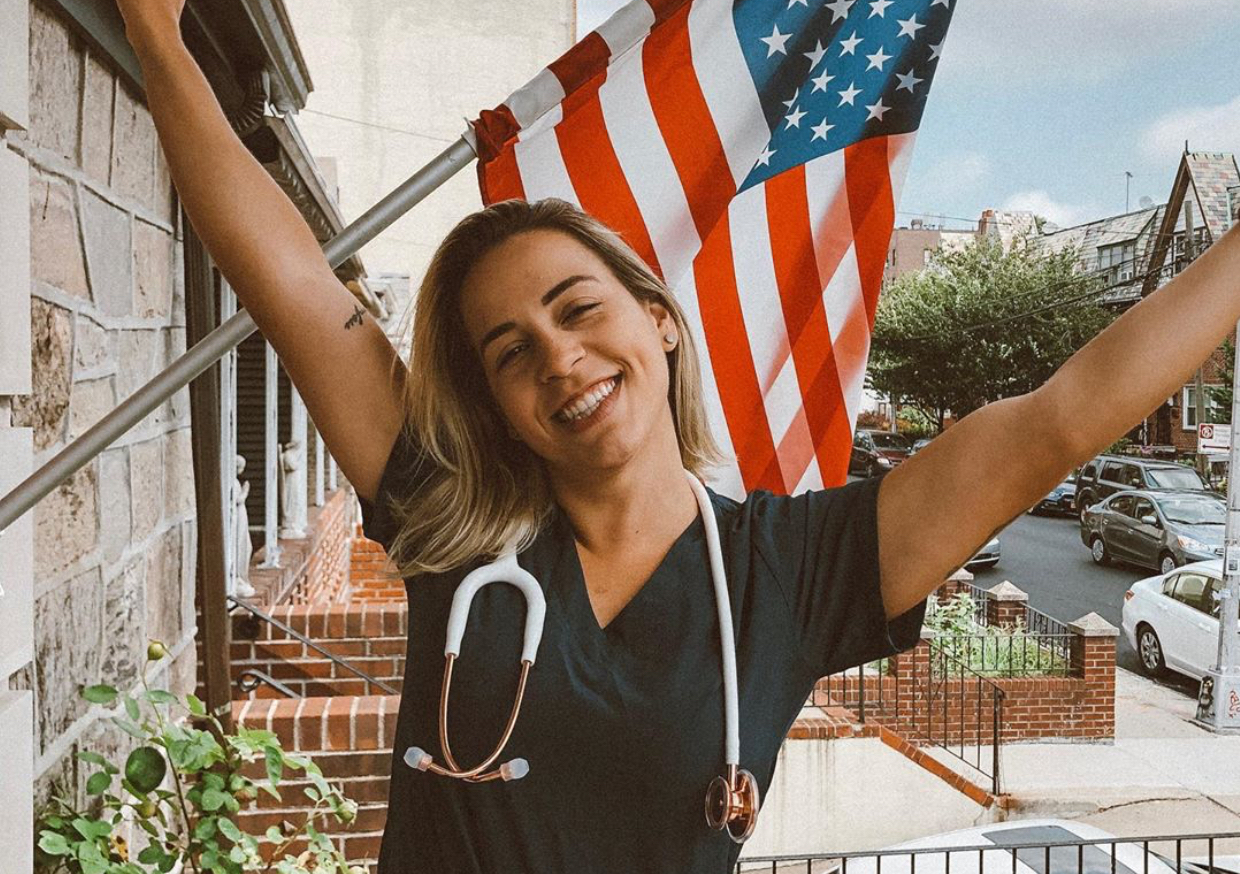If you were shocked to hear about the United States Medical Licensing Exam Step 2 Clinical Skills cancelation, you weren’t alone. So many medical trainees planned around that exam. With it canceled, they will have to reevaluate their timeline in applying for U.S. medical residency.
We recently spoke to Dr. Waqas Nawaz, Assistant Clinical Professor of Gastroenterology at Ohio State University Wexner Medical Center, about these changes. During our discussion, he shared how this change will affect international medical graduates and future match cycles. He speaks from experience as he is an IMG turned U.S. physician.
Q: Before we address the recent changes to the USMLE Step 2 Clinical Skills, can you share a bit about your medical education and career?
A: I graduated from King Edward Medical University in Pakistan over a decade ago. I came to the U.S. in 2012 for a 5-months externship at Carthage Area Hospital in upstate New York. I matched into Montefiore Hospital’s internal medicine residency program and completed it in 2016. After I spent one year at Geisinger Medical Center in Danville, Pennsylvania, and got my Green Card before matching into a gastrointestinal fellowship at Montefiore Medical Center. Since completing my fellowship last year, I joined Ohio State Medical University as Assistant Professor.
Q: You provide USMLE and residency counseling services, right? Did your transition from IMG to U.S. physician inspire this venture?
A: When I prepared for USMLE exams and applied to residency, I had no one to guide me. My five friends and I looked for help, but it was difficult to find advice about a straight and short path because social media was not as prominent. When we matched in residency, we vowed to create a forum and provide counseling to medical trainees pursuing residency. This became known as the King Edward USMLE Forum.
Q: What do you cover on the forum?
We write blogs on a number on many topics relevant to IMGs. There’s information on how to prepare for the USMLE, what IMGs can do if they apply and do not match, which programs are the most IMG-friendly, and how applicants can obtain visas. We also host google hangouts and zoom sessions to connect applicants with program directors.
Forum members often write about their own USMLE journeys and what helped them find success. Because not everyone matches, we like to provide resources on mental health in preparation. We want forum members to know that they are not alone and that there is help available. Visit the forum >
Q: What challenges did you experience in obtaining medical residency?
A: I struggled to find observerships, secure a visa and understand which residency programs were IMG-friendly. At the time, I had a B1/2 visa. I constantly worried about getting a green card and having a place to stay. I didn’t have any family or friends in the U.S., so I stayed at overcrowded hostels.
Q: At first glance, the USMLE Step 2 CS cancelation seems like a good thing. Students will be able to save money and study less. Are there really any negatives?
A: Cancelation of this Step is a misunderstood phenomenon. In my opinion, it has more cons than pros. For IMGs, the USMLE Clinical Skills gives them a reason to apply for a visa. With the Step 2 CS canceled, some candidates must depend on Step 3 to apply for a U.S. visa. To take Step 3, IMGs must be ECFMG certified. It can take time to meet all the requirements to get that certification. Learn how to earn ECFGM certification >
Residency applicants who passed Step 2 CS previously will continue applying to future matches. Due to the exam’s cancelation, they will be preferred over those who cannot provide scores. I’ve spoken to many program directors who believe that Step 2 CS is a crucial component in testing communication skills. This mindset among program directors may harm future applicants.
Q: What can IMGs who plan to apply for U.S. residency do to offset these negatives?
A: Applicants must change their plans. Before, applicants were told to prepare for Step 1 in March, the year before they planned to apply for residency—which they would do in September. With Step 2 CS canceled, applicants should prepare to take Step 3 the February before applying for residency. This will give them plenty of time to get their scores and complete clinical training.
With Step 1 moving to pass/fail, Step 3 will be necessary. Step 3 is now the only exam that tests clinical skills in the scope of real-world practice. Applicants will have to prepare thoroughly and score well. High OET scores can also indicate strong communication skills.
Q: In addition to satisfying one of six pathways to gain ECFMG certification, IMGs must also pass the Occupational English Test. What are your thoughts on the OET?
A: The OET is far cheaper than the Step 2 CS exam. Those taking it don’t have to travel or find accommodations. The OET is also easier to pass than the Step 2 CS. Moreover, failed OETs are not shared with the ECFMG, meaning applicants can try again without a stain on their record. Learn more about the OET >
Q: Do you think the new ECFMG pathways are restrictive for IMGs, or do you think it seems this way because the surprise of the Step 2 CS cancelation left many without enough time to make arrangements to meet at least one requirement?
A: I agree with the latter part of the question. Medical trainees could not anticipate the cancelation, which is unfortunate. Many would have looked for house jobs or obtained permanent licenses if there had been more notice given. There are many shortcomings with the pathways, specifically that they are difficult for those who graduated before 2017 to meet. I think that other pathways could be more inclusive and better assess the clinical skills of a candidate.
Q: Current international medical students are now aware of the pathways. Do you think the 2022 Match cycle and beyond will see more IMG applicants than in years prior since younger individuals will have time to make alternative plans?
A: As far as IMG residency trends are concerned, the match percentage is growing and will continue to grow because there are so many resources available for IMG to help them plan their education. With social media and technology solutions, trainees can overcome difficult circumstances as long as they plan in advance. With Step 1 moving to pass-fail and Step 2 CS being canceled, applicants won’t have to study as often or so far in advance, making it easier for IMGs to match with less effort. Learn more about the USMLE moving to pass-fail >
Q: Do you think this step’s cancelation will lead to weaker clinical skills among future medical professionals?
A: Probably not. Step 2 CS is just patient simulation. Medical professionals learn clinical skills during internships or residency. As far as communication is concerned, living in the U.S. and dealing with patients every day is far more enriching than 30 days of preparing for the Step 2 CS. In my opinion, candidates will not lose anything with the CS cancelation except an easy opportunity to get a U.S. visa and impress program directors.
Q: Do you have any advice for current medical students just beginning their education?
A: I think all medical trainees should have a backup plan. No one knew COVID-19 would happen or that the USMLE would change so much. It’s nice to have another option when the unexpected happens.
Q: Is there anything additional you would like to add or share with medical students?
A: The journey from IMG to U.S. physician is long and tiring. When you begin, try focusing on one USMLE Step without thinking about the next. Never lose hope; remember that you are smart and have accessibility to more resources than those who made this transition previously. If current IMG U.S. physicians succeed, you can as well. It is okay to fail, and that might happen. It’s not okay, however, to lose hope in yourself.


